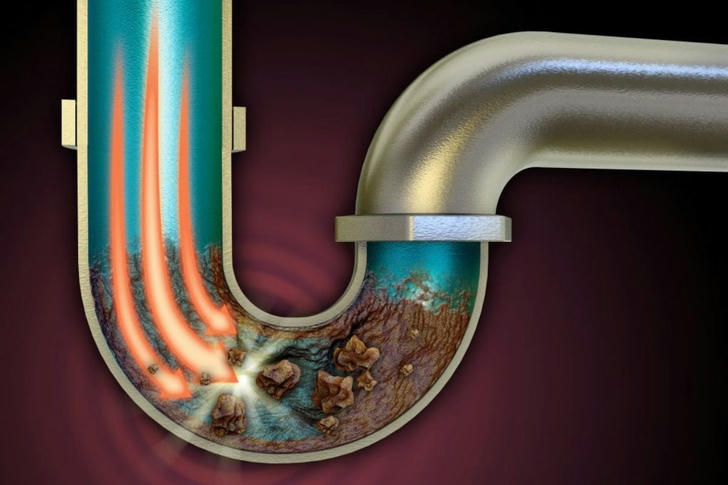

A clogged drain can be frustrating, but most blockages can be fixed with a few simple tools and techniques. This guide offers easy, safe DIY solutions to clear your drains and restore flow, helping you save time and avoid costly plumber visits.

1. Understanding the Causes of Clogged Drains
Clogs can occur due to several factors:
• Hair and soap buildup: Common in bathroom sinks and showers.
• Food scraps and grease: Often found in kitchen sinks.
• Foreign objects: Items like small toys or cotton balls may accidentally fall into drains.
2. Basic Tools and Supplies
Gather these essentials before starting:
• Plunger: Ideal for most clogs.
• Drain snake/auger: Effective for tougher blockages.
• Baking soda and vinegar: A natural option for minor clogs.
• Chemical drain cleaners (optional): Use cautiously and as directed.
3. Step-by-Step Guide to Unclogging Drains
3.1. Using a Plunger
• Select the right plunger: Cup plungers for sinks/tubs, flange plungers for toilets.
• Proper technique: Place over the drain, press firmly, then pull up quickly to create suction. Repeat until the water drains.
3.2. Employing a Drain Snake
• Types: Choose a manual or power snake depending on the clog's severity.
• Using the snake: Insert it into the drain, rotate to break up the blockage, and pull it out gently.
3.3. Natural Remedies: Baking Soda and Vinegar
• Instructions: Pour 1/2 cup of baking soda followed by 1/2 cup of vinegar into the drain.
• Process: Let it sit for 15-30 minutes, then flush with hot water to clear minor clogs and deodorize.
3.4. Chemical Drain Cleaners
• Choose wisely: Ensure the cleaner is safe for your pipes and the environment.
• Use with caution: Follow the label instructions carefully, wearing gloves and ensuring proper ventilation.
4. Preventive Measures
• Regular maintenance: Flush drains with hot water and use natural cleaners.
• Install drain screens: Catch debris before it enters your pipes.
• Avoid flushing: Don’t send items like wipes or grease down the drain.
5. When to Call a Professional
If DIY efforts fail, or multiple drains are clogged, consult a plumber. Also, seek help for deeper blockages or suspected pipe damage.
Conclusion
By following these tips, you can safely and effectively unclog most drains at home. Regular maintenance and smart preventive measures will keep your drains flowing smoothly and reduce the need for costly repairs.
